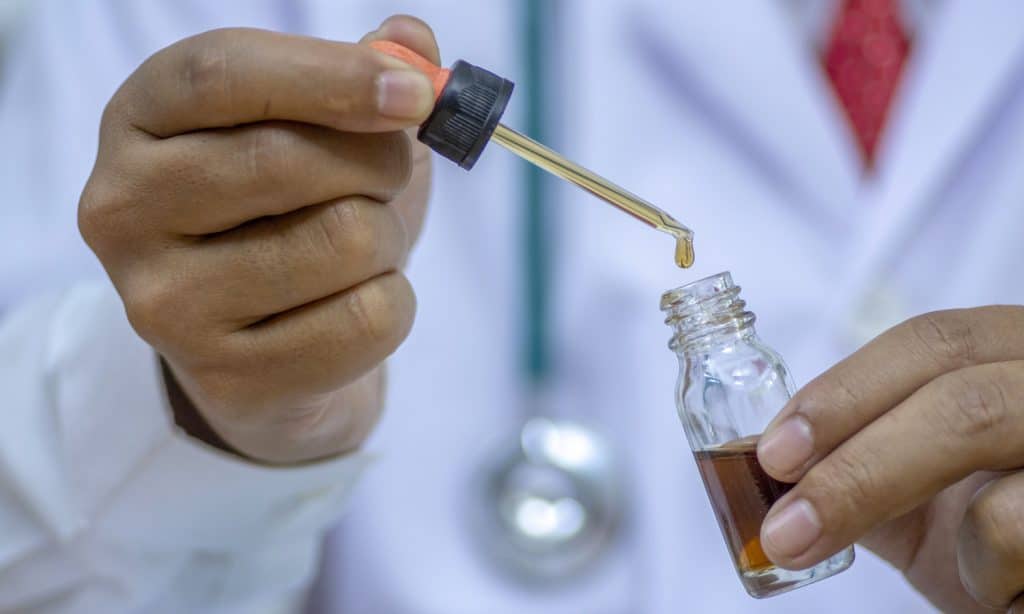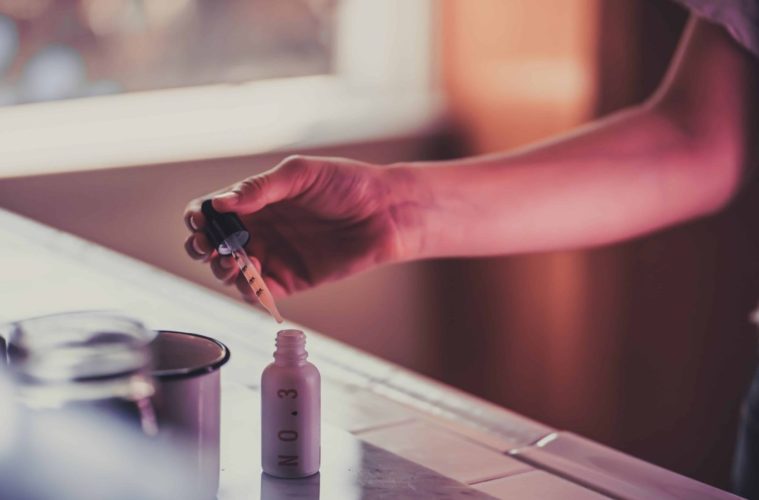In partnership with The Fresh Toast
The passage of this bipartisan bill would help raise the quality and safety of hemp products, and thus, protect consumers.
Last week, Oregon Representative Kurt Schrader (D) and Virginia Representative Morgan Griffith (R) introduced The Hemp and Hemp-Derived CBD Consumer Protection and Market Stabilization Act of 2020 (“H.R. 8179”). If enacted in its current form, H.R. 8179 would legalize the manufacture, sale and marketing of hemp, hemp-derived cannabidiol and other hemp extracts (collectively referred to as “Hemp Products”) as dietary supplements under the Federal Food, Drug and Cosmetic Act (“FDCA”).
This means that these products would be exempt from the FDCA’s “Drug Exclusion Rule,” which, as we previously discussed, currently prevents the sale and marketing of any substance that has been approved or investigated by the FDA as a new drug as a conventional food or dietary supplement – In July 2018, the FDA approved CBD as a drug ingredient in Epidiolex.
To be compliant with the FDCA, these Hemp Products would need to meet the existing regulatory framework imposed on dietary supplements. This comprehensive regulatory framework mandates, in part, that these products be safe as well as properly labeled and marketed.
Because Hemp Products were not sold and marketed in the U.S. as dietary supplements or conventional foods before October 15, 1994, they would be deemed “new dietary ingredients” or “NDIs”.
Pursuant to Section 413 of the FDCA, if a dietary supplement contains an NDI, its manufacturer and distributor must ensure that the NDI is adequately substantiated as being safe and must notify the FDA about that ingredient prior to marketing.
RELATED: FDA Guidance On Cannabis Research: A Glimpse Of What’s To Come For CBD Products?
To meet this standard, manufacturers and distributor of Hemp Products would have to provide the FDA with information that is the basis on which they have concluded that their Hemp Products are reasonably expected to be safe under the conditions recommended or suggested in the labeling.

If the manufacturers or distributors were to receive a no-objection letter from the FDA, or no response at all, they could lawfully market their Hemp Products after the 75-day notification period is over, assuming there is in fact a history of use or other evidence of safety establishing that the Hemp Products, when used under the conditions recommended or suggested in the labeling, are reasonably expected to be safe.
When it comes to labeling requirements, manufacturers and distributors of Hemp Products would need to ensure their product packaging contains specific labeling elements, such as an identity statement and a nutrition facts panel and contain no medical claims about the therapeutic values of their products. Inclusion of medical claims would suggest that the Hemp Products’ intended use is that of a drug, and thus, would violate the FDCA and warrant FDA and Federal Trade Commission (“FTC”) enforcement actions.
RELATED: DEA Interim Final Rule: What Is ‘Synthetically Derived THC’?
In sum, the enactment of H.R. 8179 would help alleviate regulatory uncertainties surrounding the legality of Hemp Products, which have hindered market opportunities for hemp farmers and businesses. In addition, the passage of this bipartisan bill would help raise the quality and safety of Hemp Products, and thus, protect consumers.
If, like a consensus of hemp stakeholders, you support H.R. 8129, you should contact your representatives and urge them to co-sponsor this bill. For automatically generated messages, visit the U.S. Hemp Rountable’s online Action Center.
is an attorney at Harris Bricken. This article was originally published on the Canna Law Blog and is reposted with permission.
Read more on The Fresh Toast
Advertising disclosure: We may receive compensation for some of the links in our stories. Thank you for supporting LA Weekly and our advertisers.

